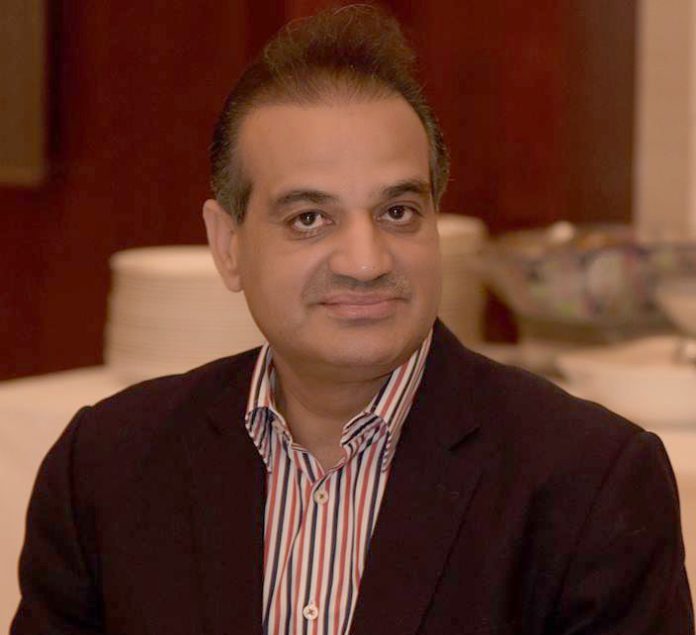The prevailing powers-that-be are of the opinion that dissenting voices within the PML-N pose a significant threat to Prime Minister Shehbaz Sharif’s leadership
Ansar M Bhatti
ISLAMABAD: Numerous conspiracy theories have arisen following Nawaz Sharif’s decision not to accompany Shehbaz Sharif and Maryam Nawaz to Saudi Arabia for Umrah. Initially slated to join the delegation, Nawaz Sharif’s last-minute change of plans has sparked speculation.
According to insider sources, Nawaz Sharif had initially intended to proceed to Britain after completing Umrah, but later diverted from this course. These sources reveal that Nawaz Sharif’s departure from Pakistan was halted by influential entities for various reasons.
The prevailing powers-that-be are of the opinion that dissenting voices within the PML-N pose a significant threat to Prime Minister Shehbaz Sharif’s leadership. Veteran figures such as Rana Sanaullah, Khawaja Asif, and Javed Latif, known for their close ties to Nawaz Sharif, have begun expressing reservations regarding the party’s decision to assume control of the federal government. They fear that an extended tenure of the PML-N government at the center could result in severe repercussions for the party.
If Nawaz Sharif departs the country, Shehbaz Sharif’s ability to quell dissent within the party could significantly weaken, potentially leading to a loss of power—an outcome both he and influential stakeholders seek to avoid. Should the Shehbaz government falter at this juncture, it would bolster the prospects of the PTI assuming office uncontested, presenting a challenge for the Establishment to counter.
Moreover, Shehbaz Sharif is inclined towards retaining Nawaz in Pakistan, recognizing that his departure and subsequent vocal stand against the Establishment from the UK could escalate tensions for the Shehbaz administration. Internal sources suggest Nawaz Sharif’s discontent with his treatment and exclusion from the prime ministerial role persists.
An alternative perspective also exists within the PML-N leadership. Some members hold the belief that Nawaz Sharif’s decision to remain in Pakistan was driven by his desire to support his daughter, particularly as she assumes leadership for the first time. In this narrative, Nawaz Sharif sees this as a crucial moment for guiding and mentoring Maryam, recognizing her potential to become a significant political figure. Thus, according to this line of thinking, Nawaz Sharif aims to foster and prepare Maryam for a potential future role as the Prime Minister of Pakistan.












